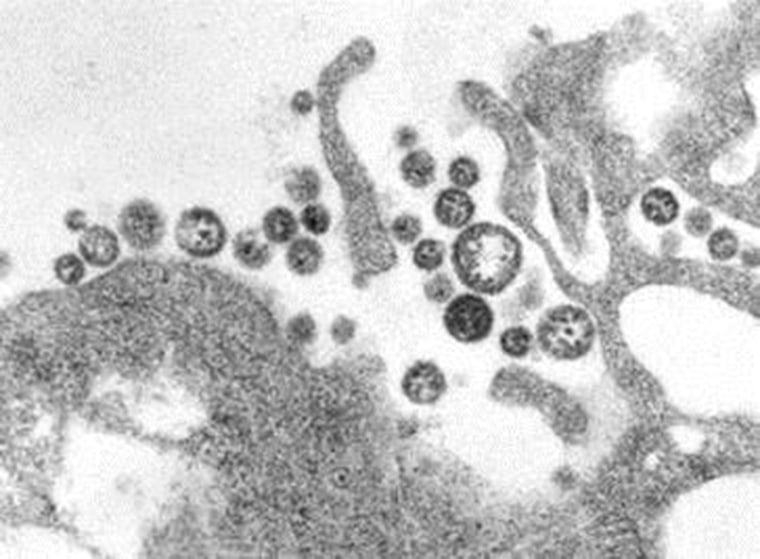A Minnesota man who returned from a trip to West Africa has been diagnosed with Lassa fever, a severe and sometimes deadly viral disease rarely seen in the United States, health officials said.
The man, who was hospitalized with fever and confusion on March 31, was confirmed to have Lassa fever via blood tests on April 3, health officials in Minnesota and at the federal Centers for Disease Control and Prevention said Friday. Health officials provided no details about the man's age or hometown.
Officials are working with airlines to identify and contact passengers and others who may have had close contact with the man, whose itinerary indicates that he flew from West Africa to New York City and then to Minneapolis.
The disease, carried by rodent urine and droppings, is not transmitted through casual contact, but can be spread through direct contact with a sick person’s blood or bodily fluids, through contact with mucous membranes, or through sexual contact.
“Given what we know about how Lassa virus is spread to people, the risk to other travelers and members of the public is extremely low,” said Dr. Martin Cetron, director of the CDC’s division of global migration and quarantine.
Lassa fever is common in West Africa, where 100,000 to 300,000 people are infected each year and about 5,000 die, the CDC says. It’s rare in the U.S., where only seven other cases have been identified, all related to travel. The most recent case was reported in Pennsylvania in 2010.
As part of the investigation, CDC is working with the airlines to gather contact information for passengers and crew who were seated near the infected individual, health officials said. CDC will provide that information to state and local health departments where the people live so that they can be notified.
Symptoms of Lassa fever include fever, weakness and headache. About 20 percent of victims develop hemorrhaging in their gums, eyes or nose, plus problems such as facial swelling, hearing loss and encephalitis. Deafness is the most common complication, but death can occur within two weeks of symptoms.
